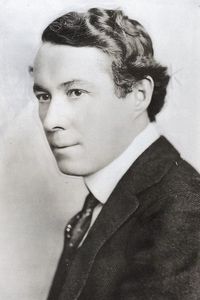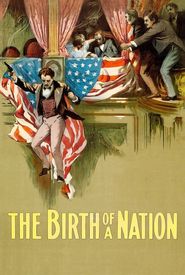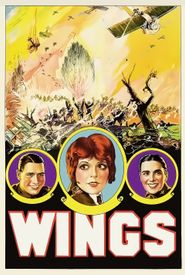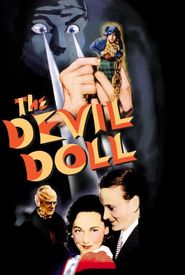Henry B. Walthall was a renowned stage actor who rose to prominence in the early days of cinema, earning the admiration of pioneering film director D.W. Griffith. Born in 1878 in Alabama, Walthall initially pursued a law career, enrolling in law school, but his aspirations took a dramatic turn when he quit in 1898 to enlist in the US Army and fight in the Spanish-American War.
Following his return from the war, Walthall made the bold decision to abandon his education in law and instead, he traveled to New York City to pursue a career in acting. He made his Broadway debut in 1901, and it was during this time that he befriended fellow actor James Kirkwood, who introduced him to Griffith.
Griffith, who was also a southerner, was impressed by Walthall's reputation as a stage actor and hired him to appear in his film A Convict's Sacrifice (1909),marking the beginning of a long and fruitful collaboration between the two. Shortly after, Walthall left Biograph and Griffith for Balboa Pictures in Long Beach, California, where he and his wife formed their own production company in 1917.
However, Walthall's career began to decline, and by the 1920s, he was primarily appearing in low-budget "B" films, with only a few notable exceptions, including Tod Browning's London After Midnight (1927). The advent of sound in the film industry rejuvenated Walthall's career, and he was able to capitalize on his distinguished bearing and acceptable voice, which set him apart from many of his silent-screen contemporaries.
Walthall went on to appear in notable productions such as John Ford's Judge Priest (1934) and Browning's The Devil-Doll (1936). He was even hired by director Frank Capra to play the High Lama in Capra's production of Lost Horizon (1937),but tragically, Walthall passed away on June 7, 1936, due to complications from the influenza, before the film began production.


































































